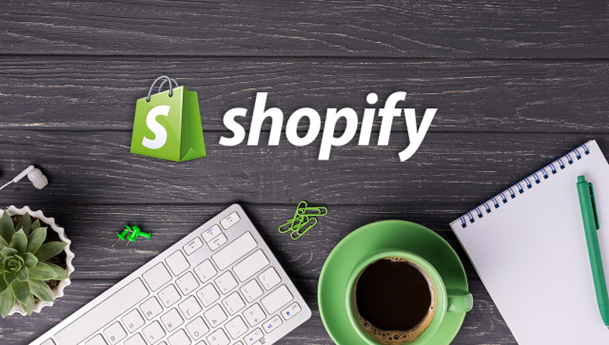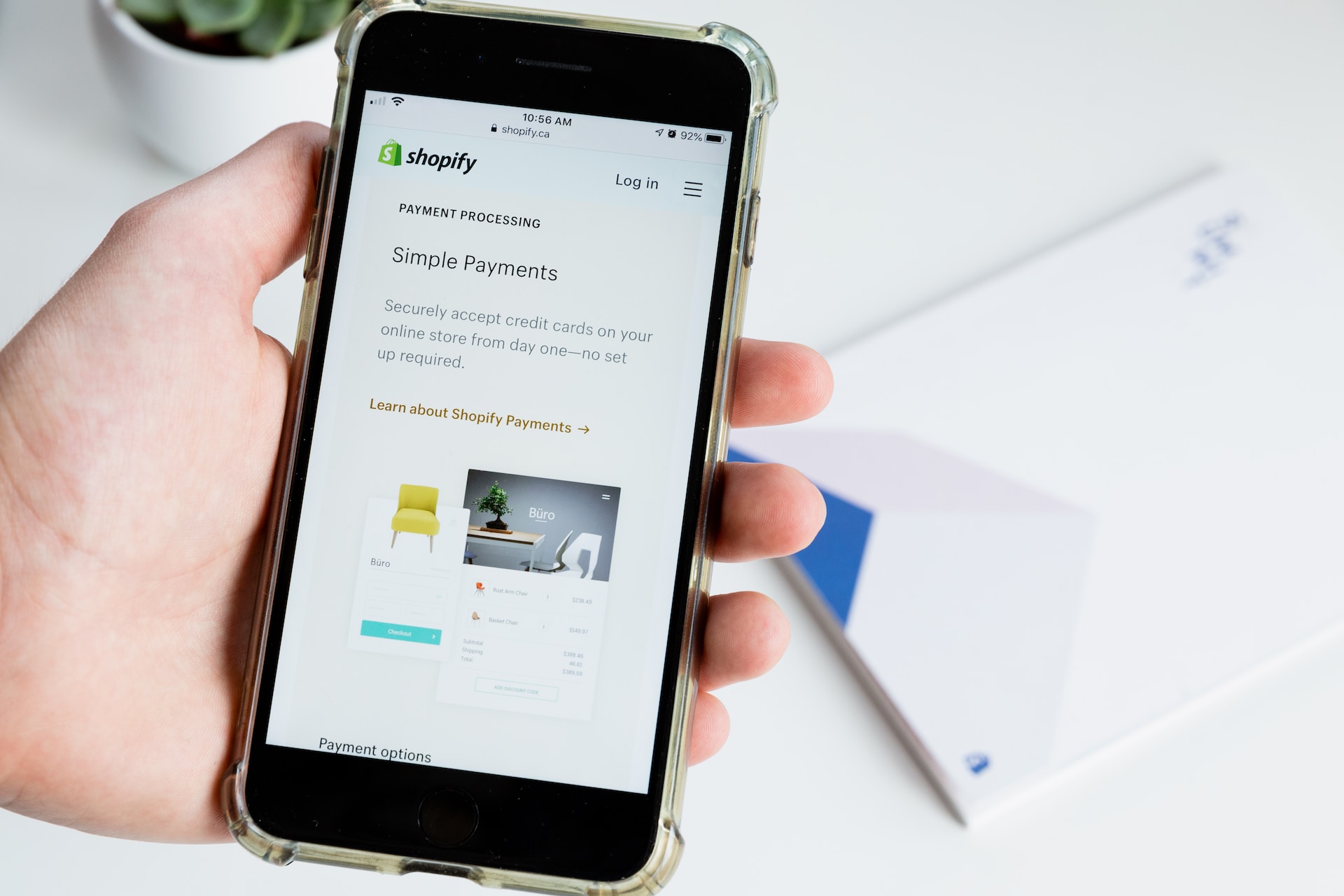An overview of Shopify apps is provided in the following articles. Running a personal blog is very different from running an online store. Email advertisements, healthy checkouts, shipping, a faster pace, and so on are additional things to monitor. Luckily, we made a rundown of the best Shopify applications to assist you with overseeing web capacity and adding new elements. Apps that work with Shopify, like WooCommerce, can make your store more affordable. Because of this, a lot of dealers rely on eCommerce companies to build these websites. In 2022, start with ten of our store’s best Shopify resources.
Shopify: What is it?
Shopify is a comprehensive commerce platform for starting, expanding, and managing a business. Millions of traders on our platform have provided us with trading expertise and leadership. Their success enables us to anticipate and construct the appropriate capabilities that not only enhance commerce today but also contribute to shaping and defining the industry’s future.
What is Shopify’s process?
Shopify is a platform that unifies all commerce. Shopify makes it possible for businesses to create and personalize online stores and sell through a variety of channels, from social media to online marketplaces, including web, mobile, in-person, brick-and-mortar, and pop-up stores.
Shopify manages software and server updates and maintenance and is entirely cloud-based and hosted. It can be accessed from any compatible device with an internet connection.
To manage deliveries, payments, inventory, and products, a retail business always requires various tools. In addition, connecting various data and systems takes a lot of time and money. These technologies are bundled together by Shopify so that you can easily access them and connect them to other business tools to make Shopify work for your business.
List of Shopify Apps:
Shopify applications are listed below.
1. kit App:
One popular method is digital marketing. However, Kit can assist with Facebook ads, email marketing strategies, and virtual employee success reports when marketing is ineffective. You can use this kit to find potential customers on Facebook and Instagram and use artificial intelligence to send them personalized offers and updates at the right time. The pack works while you rest as well.
2. Product Reviews App:
Using the Product Reviews app, you can collect product reviews from customers. This will provide feedback to your customers and encourage more people to buy from your store. The eMarketer report says that product reviews are very important. Especially because only 2% of customers read everything. SEO also contributes to the content mentioned in customer reviews.
3. Benchmark Hero:
Ecommerce SEO makes your Shopify website more visible in Google searches. But it can be hard to know exactly where to adjust and how your shop stands out from others. An in-depth analysis of your website is provided by the SEO Web Audit Benchmark Hero app, allowing you to determine what is working and what is not for your search and store efficiency. Additionally, you can comprehend why those pages are not converting as well as they ought to.
4. Improved contact form:
The Contact Us page on Shopify is a great place for customers to browse your products and ask questions. A popup contact form for your Shopify store is created by the updated contact form app so that you can get to the page you want. Before you approach us to incorporate these observations into your CRO strategy, you will also be informed of your current location and visited locations.
5. Klaviyo:
Klaviyo is a marketing automation tool that lets you interact with your store. You can use Klaviyo to make automated email sequences, target strategies based on purchases, and get a lot of customer data to help you plan your entire strategy. E-commerce was created first and foremost. Perfect for stores just starting to build their email list, this is free for up to 200 signups and 500 emails.
6. Shopcodes:
You will receive a QR code, and you can use the Shop codes app to quickly create your own. Customers can quickly scan a code on their mobile device to purchase with store codes. Flyers, pop-ups, promotional materials, and even physical displays can all make use of these QR codes. Examine the analysis to discover the most prevalent codes and examine time-varying patterns.
7. Compass:
A lot of data points are needed for e-commerce activities. You can look at more than 30 eCommerce metrics with Compass to see how well your website is doing. Then, look at the analytics of your rivals to see how they stack up. Additionally, Compass provides tailored guidance to further enhance your store.
8. UserGems:
UserGems encourages you to find influencers among your customers who are committed to your brand and actively support it. You can build deeper connections with the app’s notes from prominent customers who share your brand. It is the ideal strategy for expanding your international clientele.
9. Ultimate Sale boast:
A collection of CRO-focused features is included in the ultimate merchandising app to simply boost sales. Utilizing countdown periods and low inventory alerts for validated scarcity-inducing conversion strategies benefits from this. Secure badges, on the other hand, can help establish trust and optimize every step, from the product page to the checkout.
10. Privy:
Privy can assist you in growing your subscriber list if you intend to market your store via email. This permits you to set up various popup email joins, get away from designs, programmed email series, and different means to extend your email list. You can customize the look and feel of your website by adjusting each type to your liking. It also connects MailChimp and Klaviyo to your entire email plan.




2 thoughts on “What are Apps for Shopify?”